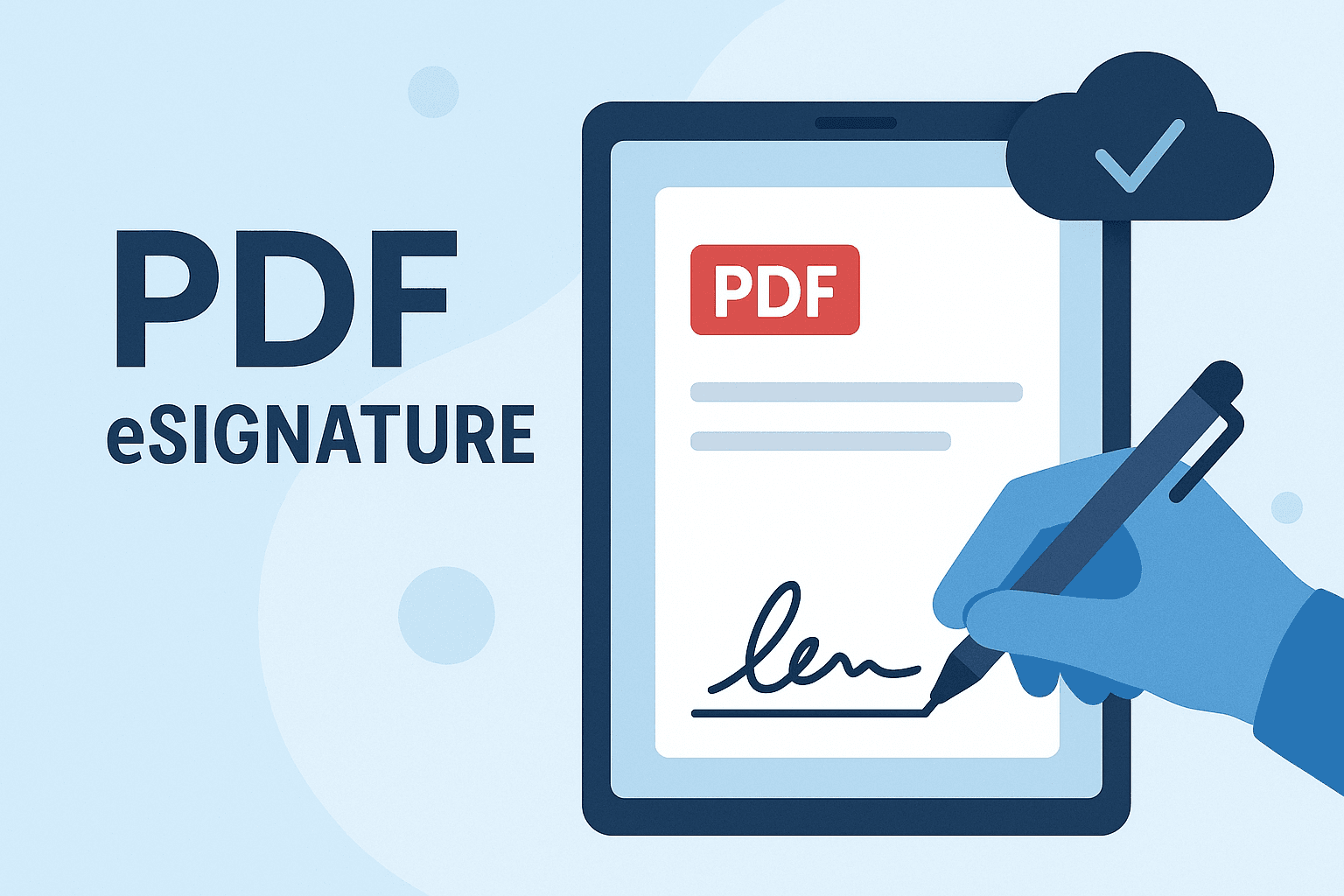are electronic signatures binding





Are Electronic Signatures Binding? A Legal Perspective with Regional Focus
In today’s digital age, much of our personal, professional, and business documentation has moved online. Among the most game-changing transformations is the rise of electronic signatures. But with their growing adoption comes a key concern: are electronic signatures binding?
The short answer is yes — in most countries, electronic signatures are legally binding. However, the long answer depends heavily on the local regulations of each jurisdiction. This article will explore what makes an electronic signature legally valid, how different regional laws treat them, and how businesses and individuals in Hong Kong and Southeast Asia can ensure compliance while benefiting from digital convenience.
Understanding What an Electronic Signature Is
An electronic signature, often referred to as an e-signature, refers to any electronic process that signifies approval of terms and agreements. It ranges from a typed name or scanned signature image to a more secure, encrypted signature generated through specialized platforms.
Keep in mind that electronic signatures differ from digital signatures. The latter is a subtype of e-signature backed by cryptographic methods, often used for high-security purposes.

Global Legal Framework Supporting Electronic Signatures
To determine whether electronic signatures are binding, we must first look at international law. There is a widely accepted framework known as the UNCITRAL Model Law on Electronic Commerce (1996) and Electronic Signatures (2001). Many countries have modeled their local legislation after these frameworks to promote international commercial harmony.
For example:
- In the United States, the Electronic Signatures in Global and National Commerce Act (ESIGN Act) and the Uniform Electronic Transactions Act (UETA) assert the legality of e-signatures.
- The European Union enforces eIDAS (Electronic Identification and Trust Services Regulation), providing a standardized approach to electronic signatures across member states.
But what about Asia?
Are Electronic Signatures Binding in Hong Kong?
Yes, electronic signatures are binding in Hong Kong — under certain conditions. The primary legislation governing electronic signatures in Hong Kong is the Electronic Transactions Ordinance (Cap. 553). This ordinance gives legal recognition to electronic records and digital signatures, provided:
- The method is reliable and appropriate for the purpose;
- It is used with the intention of authentication;
- The party consents to the use of electronic methods.
According to Hong Kong law, digital signatures issued by recognized certification authorities carry higher evidentiary weight. For general contracts, a regular electronic signature — like typing your name — is legally acceptable as long as intent and consent can be established.
Electronic Signature Legality in Southeast Asia
Countries in Southeast Asia are progressively embracing digital transformation, and most recognize electronic or digital signatures in some form. However, there’s a wide variance in terms of legal enforceability, levels of recognition, and technical standards.
Let’s look at some key regions:
Singapore:
The Electronic Transactions Act (ETA) governs e-signatures and asserts their validity when certain conditions are met. Singapore also recognizes “secure electronic signatures” offering a higher level of admissibility in court.
Malaysia:
The Digital Signature Act 1997 governs digital signatures, while the Electronic Commerce Act 2006 covers electronic records. Malaysia legally recognizes digital signatures produced by licensed certification authorities.
Indonesia:
The Information and Electronic Transactions Law (ITE) recognizes electronic signatures and outlines the requirements for authentication and validity.
Thailand:
The Electronic Transactions Act supports the use of e-signatures and treats them as legally enforceable, as long as reliability and authenticity are established.

Criteria for Legally Binding Electronic Signatures
To ensure an electronic signature is binding and enforceable in court — regardless of jurisdiction — several key elements are usually required:
- Intent to Sign: The signer must show a clear intention to agree to the document.
- Consent to Do Business Electronically: Both parties must agree to the use of electronic signatures.
- Attribution/Authentication: There must be a way to verify who signed the document.
- Record Retention: The signed document must be stored securely and be available for future reference.
- Integrity of the Document: The document must not be altered after signing.

When Are Electronic Signatures Not Accepted?
Although electronic signatures are widely accepted, certain types of documents still require traditional ink signatures in many countries. These may include:
- Wills and testamentary documents.
- Powers of attorney.
- Real estate deeds or mortgage-related filings.
- Marriage or divorce papers.
- Court-related documents.
These exclusions may vary per jurisdiction, so always consult local legal advisors for region-specific advice.
Benefits of Using Compliant E-Signature Platforms
Using a legally compliant platform like eSignGlobal ensures:
- Authentication via two-factor verification,
- Tamper-proof audit trails,
- Regionally compliant data security protocols,
- Seamless cross-border electronic transaction capabilities.
Moreover, platforms like eSignGlobal often integrate specific legal compliance modules for different jurisdictions, ensuring that your signatures not only streamline transactions but carry legal weight in the respective geographic region.

Why Choose a Regional Solution Like eSignGlobal?
For businesses and professionals operating in Hong Kong and Southeast Asia, sticking to globally dominant eSignature solutions may not always be optimal due to:
- Concerns over data residency requirements,
- Non-compliance with local signature certification bodies,
- Lack of language or jurisdiction-specific integration.
That’s why using a regional alternative such as eSignGlobal can offer better value. Designed with localized compliance in mind, eSignGlobal supports:
- Localized digital certificates,
- Cantonese/Chinese/Thai language support,
- Dedicated regional servers for better performance and data privacy,
- Regulatory compliance in markets across Hong Kong, Singapore, Malaysia, and more.
If you’re in Hong Kong or Southeast Asia looking for a DocuSign alternative that delivers both convenience and legal assurance, then eSignGlobal may be your region-compliant solution.

Final Thoughts
So, are electronic signatures binding? Absolutely — when executed properly and in accordance with local regulatory requirements. As the business world continues to digitize, utilizing legally compliant e-signature platforms not only optimizes productivity but also protects all parties involved.
Whether you’re a small business, a corporate enterprise, or an individual professional, understanding electronic signature legality in your jurisdiction is crucial. If you’re in Hong Kong or Southeast Asia, platforms like eSignGlobal offer localized features that keep you legally protected while speeding up your document workflows.
Make the digital leap with confidence — but do it compliantly.

 Only business email allowed
Only business email allowed


